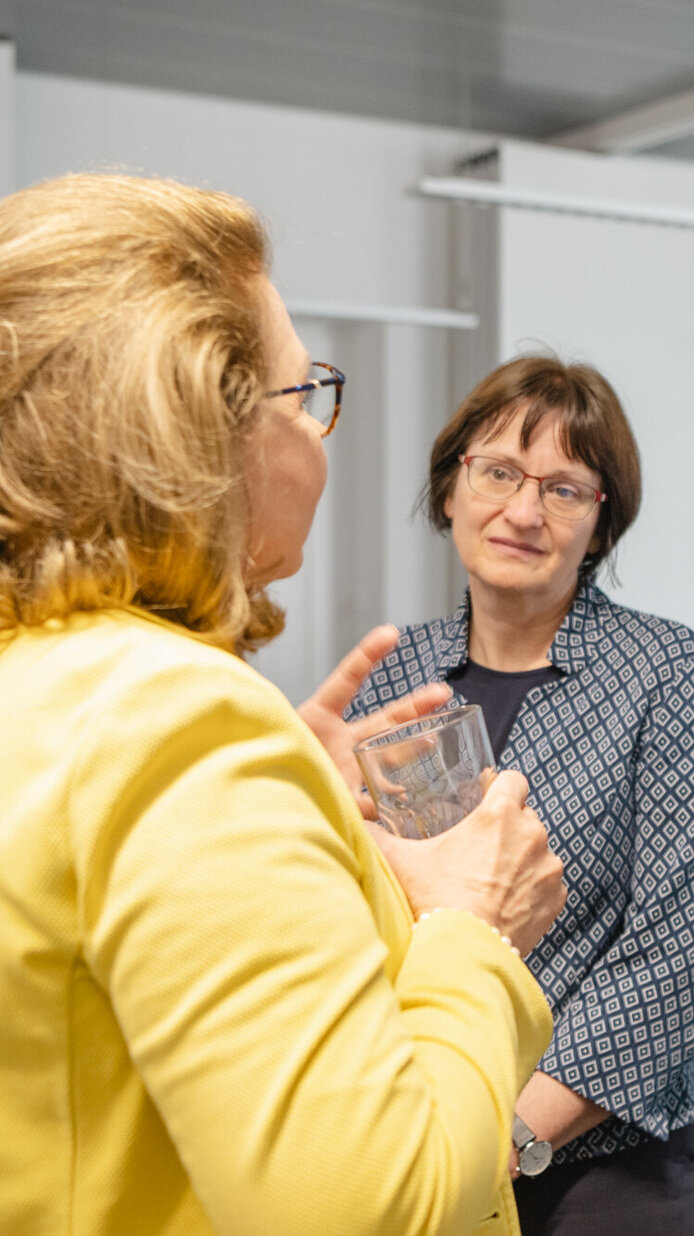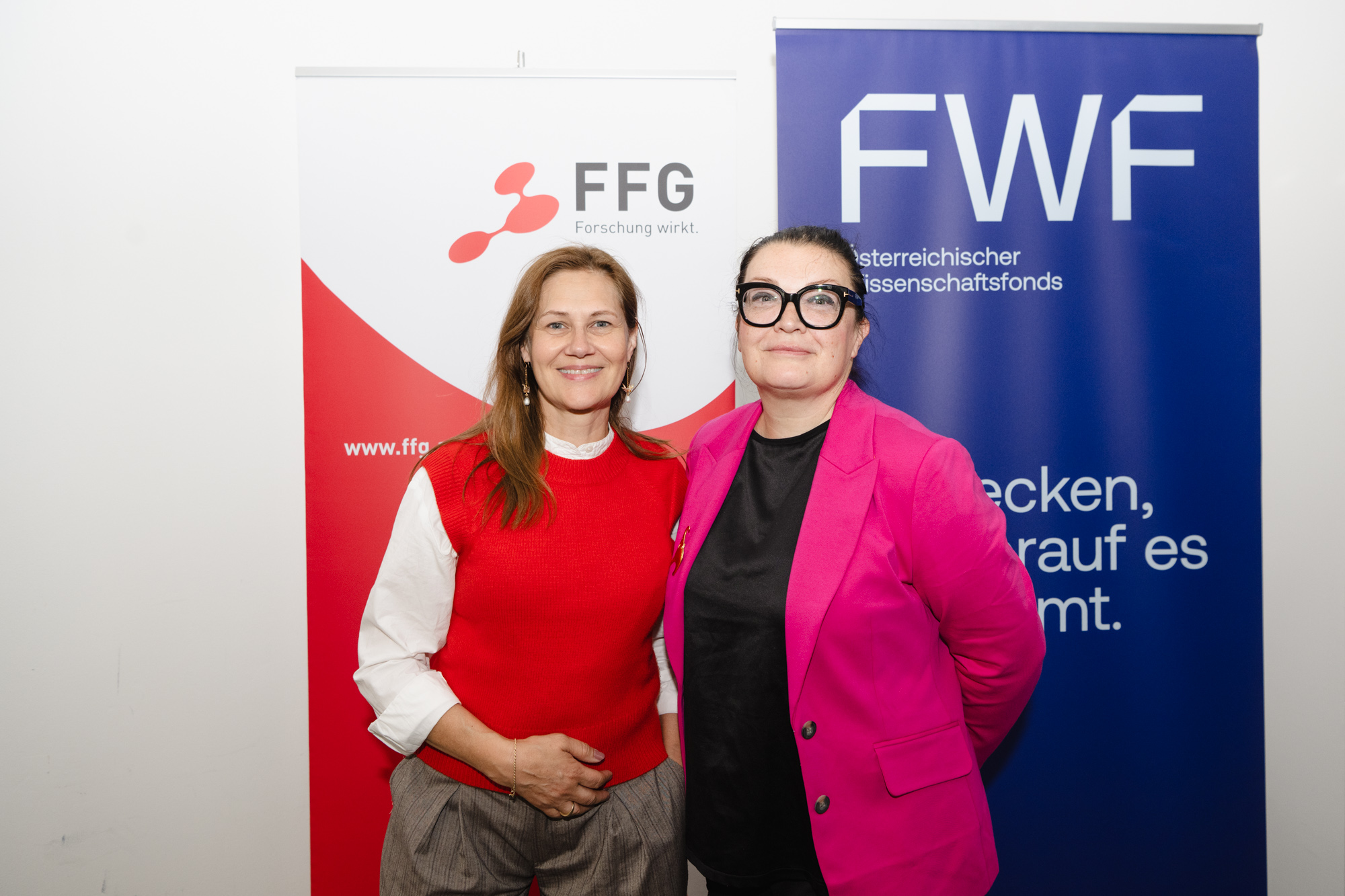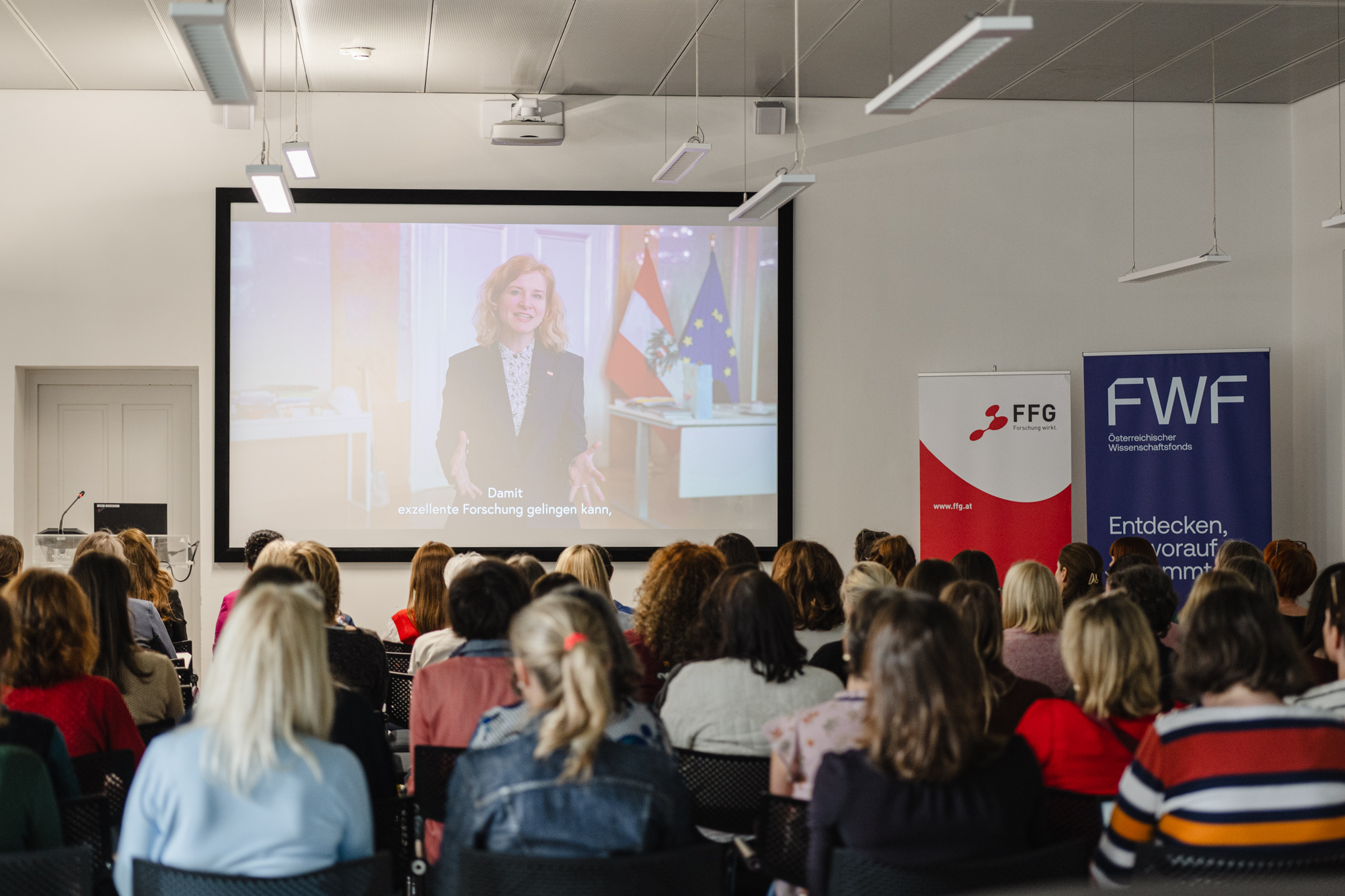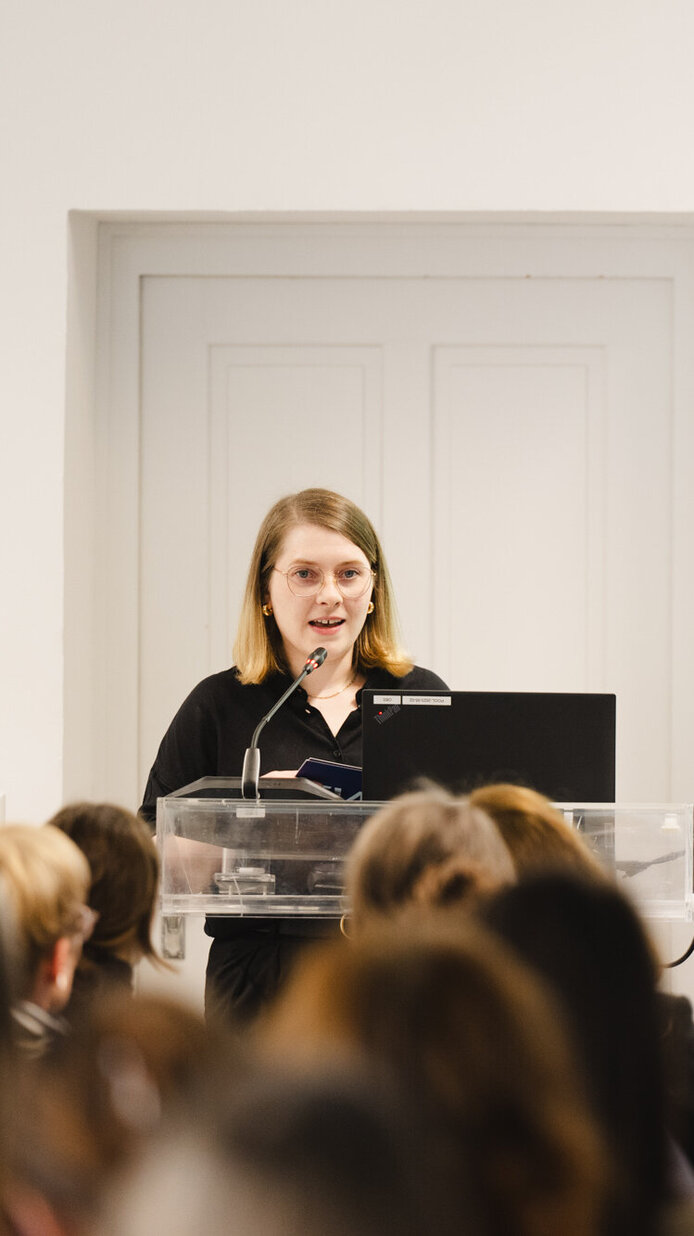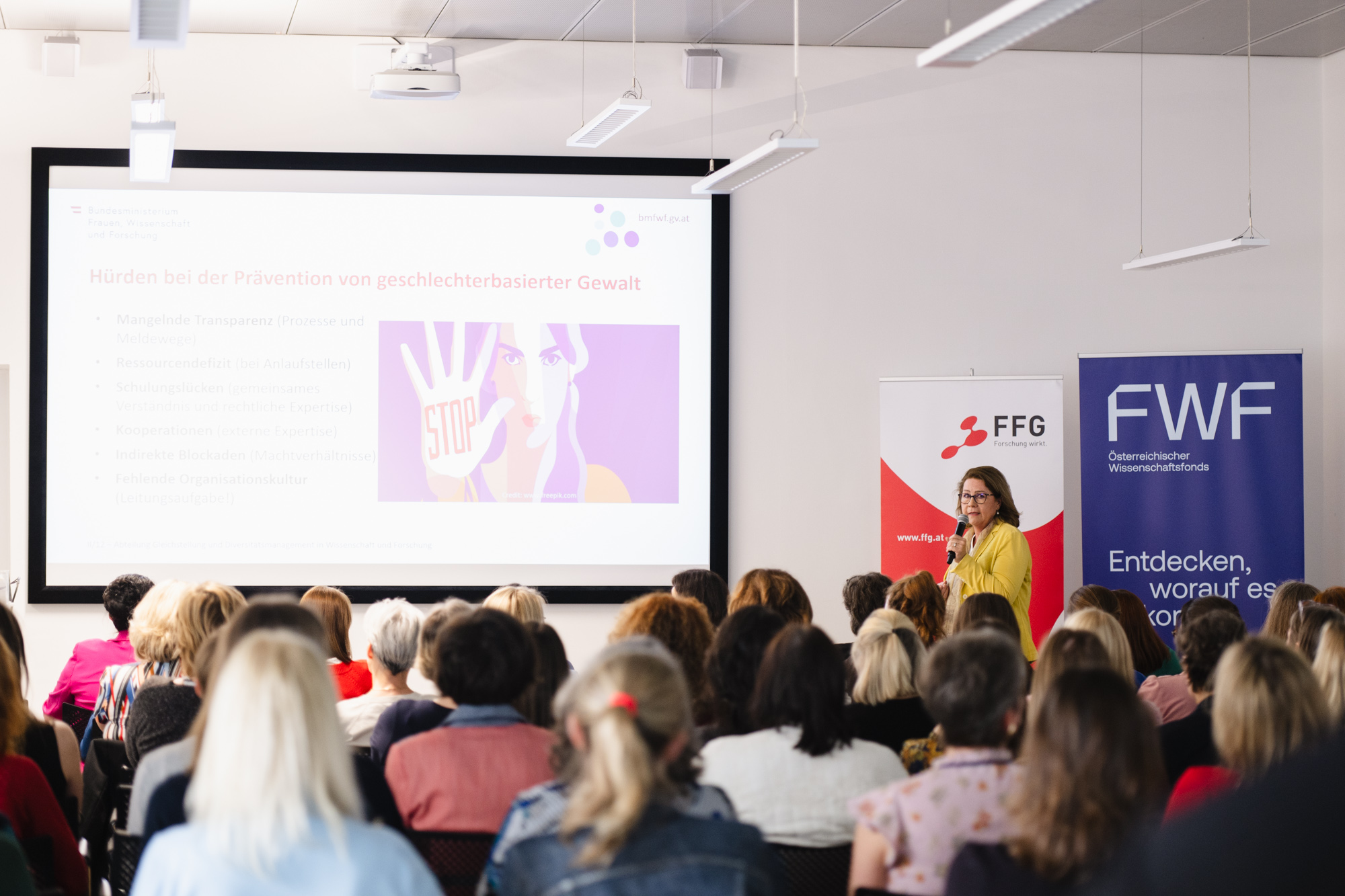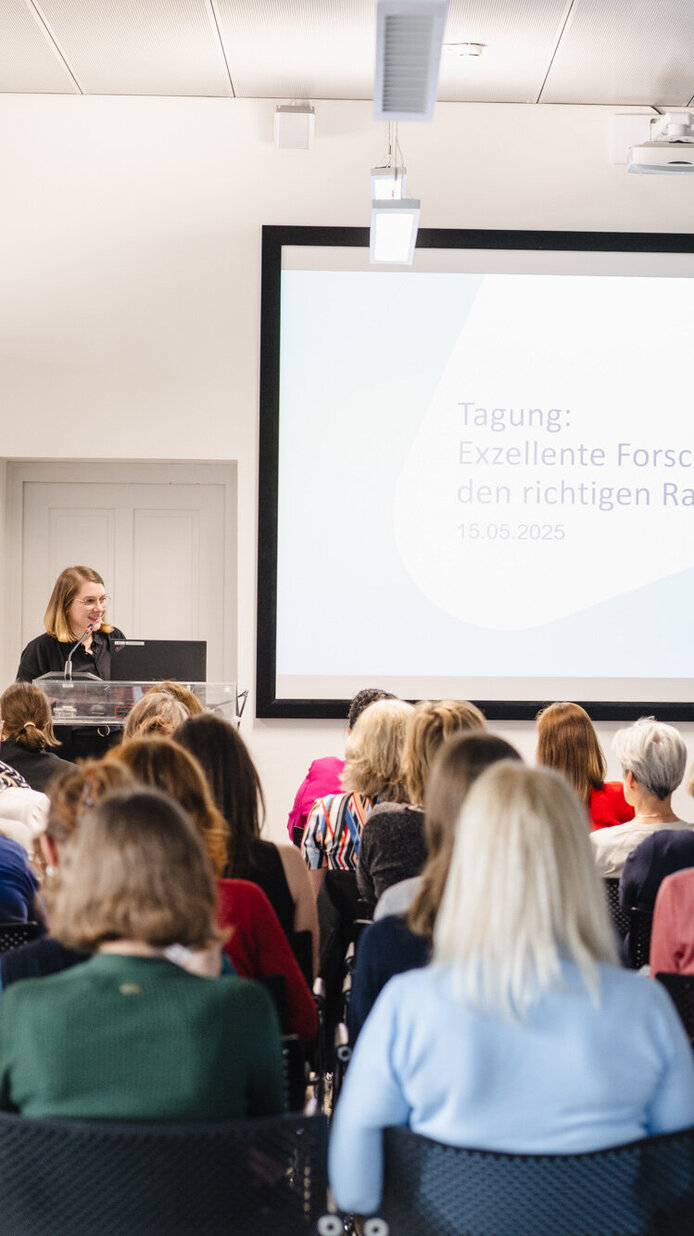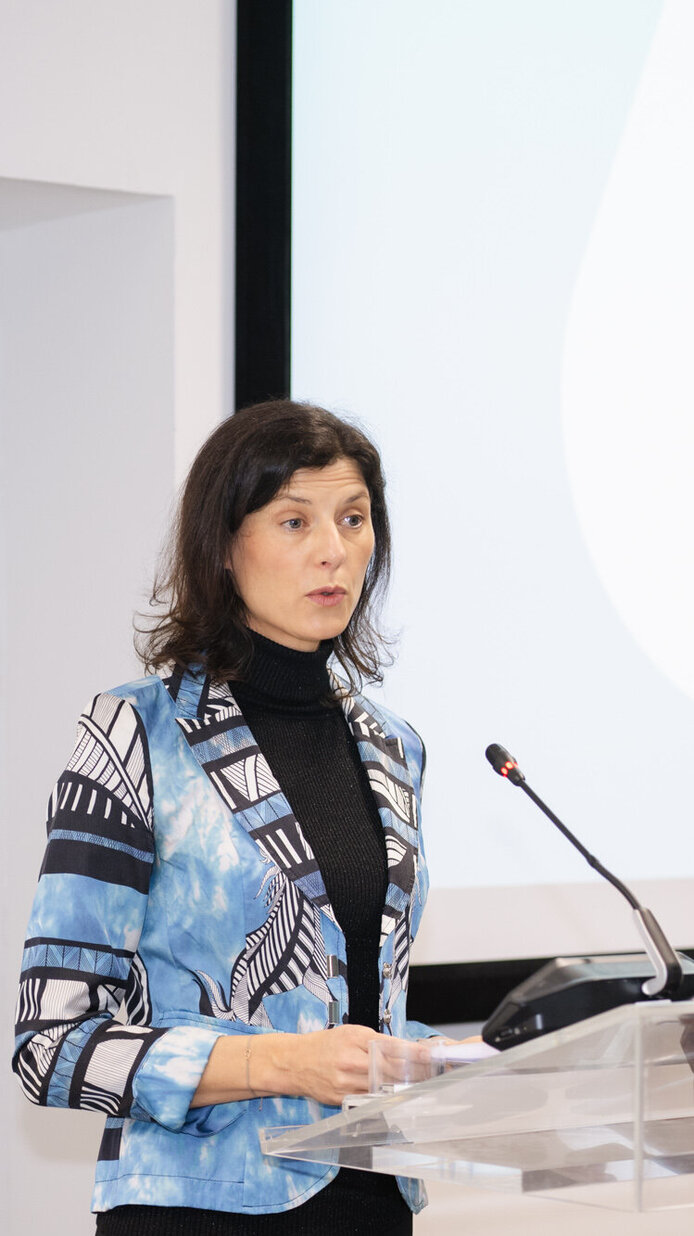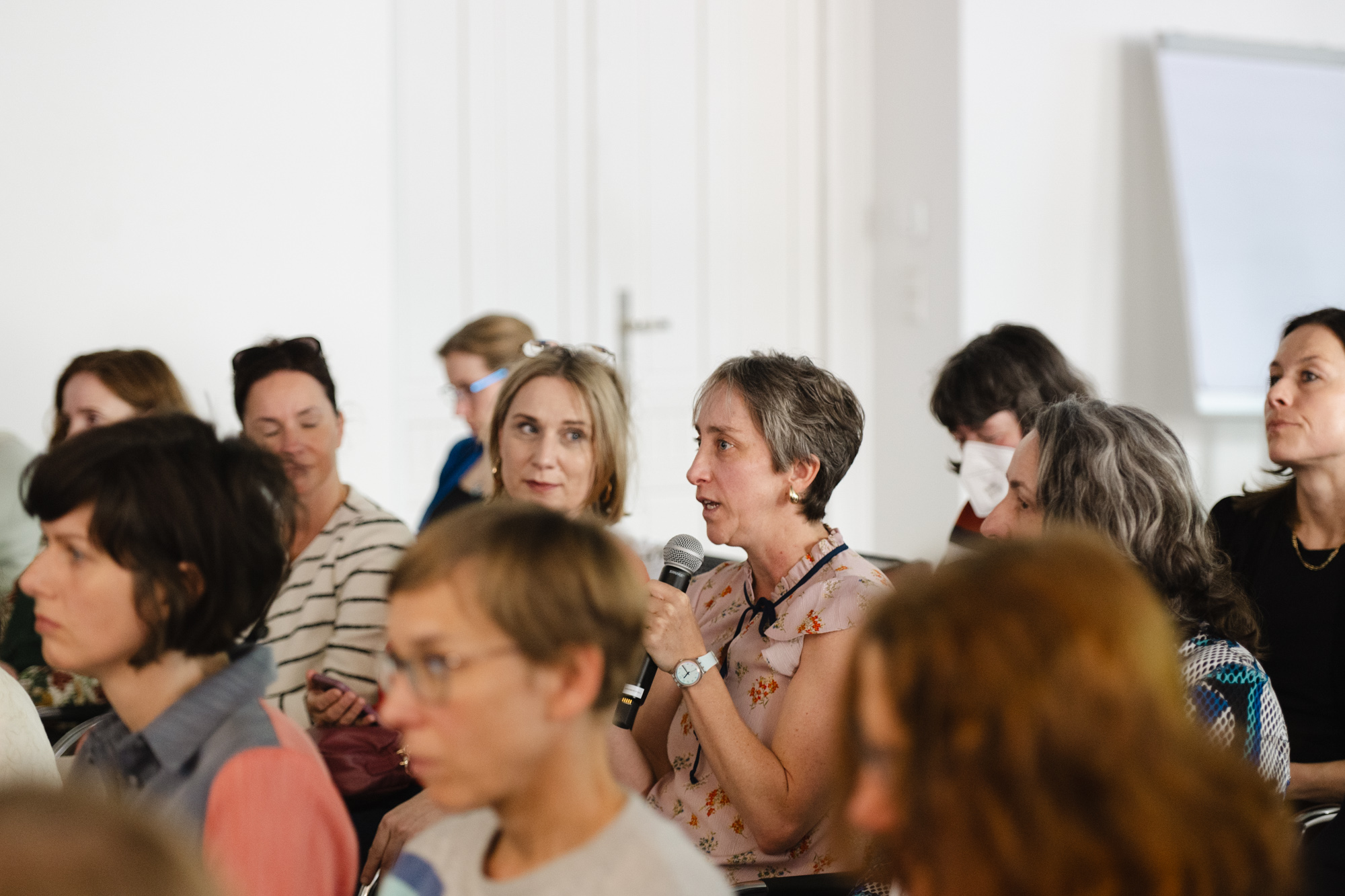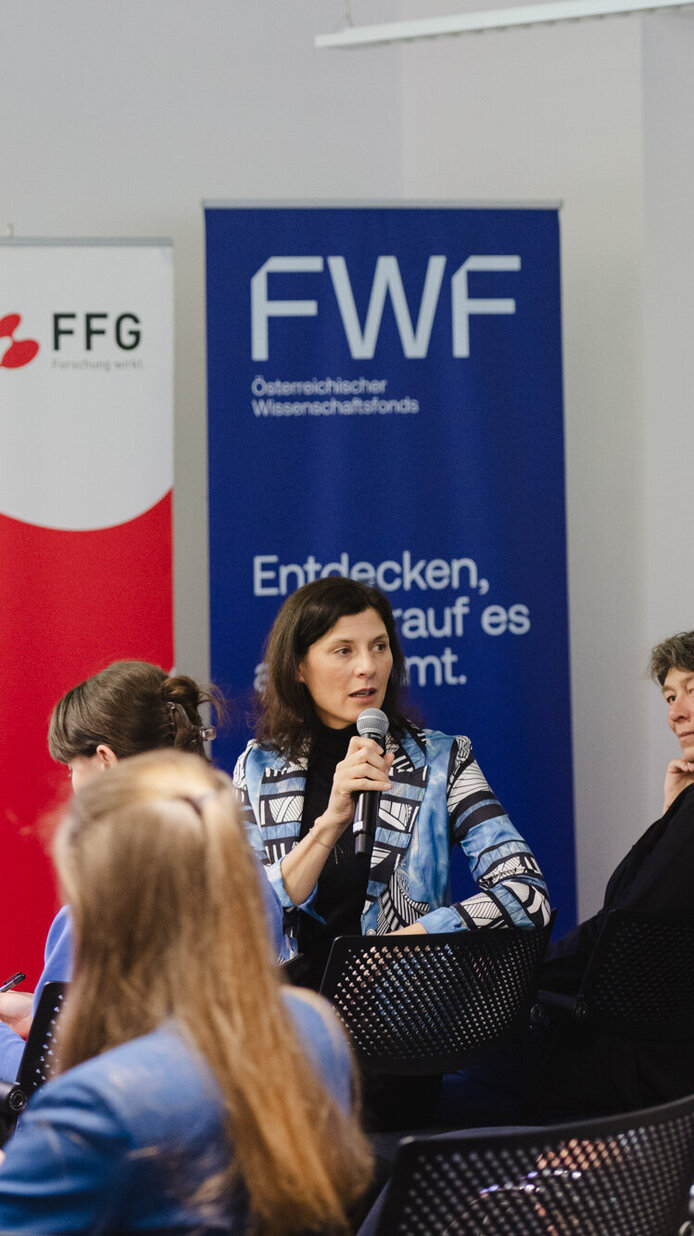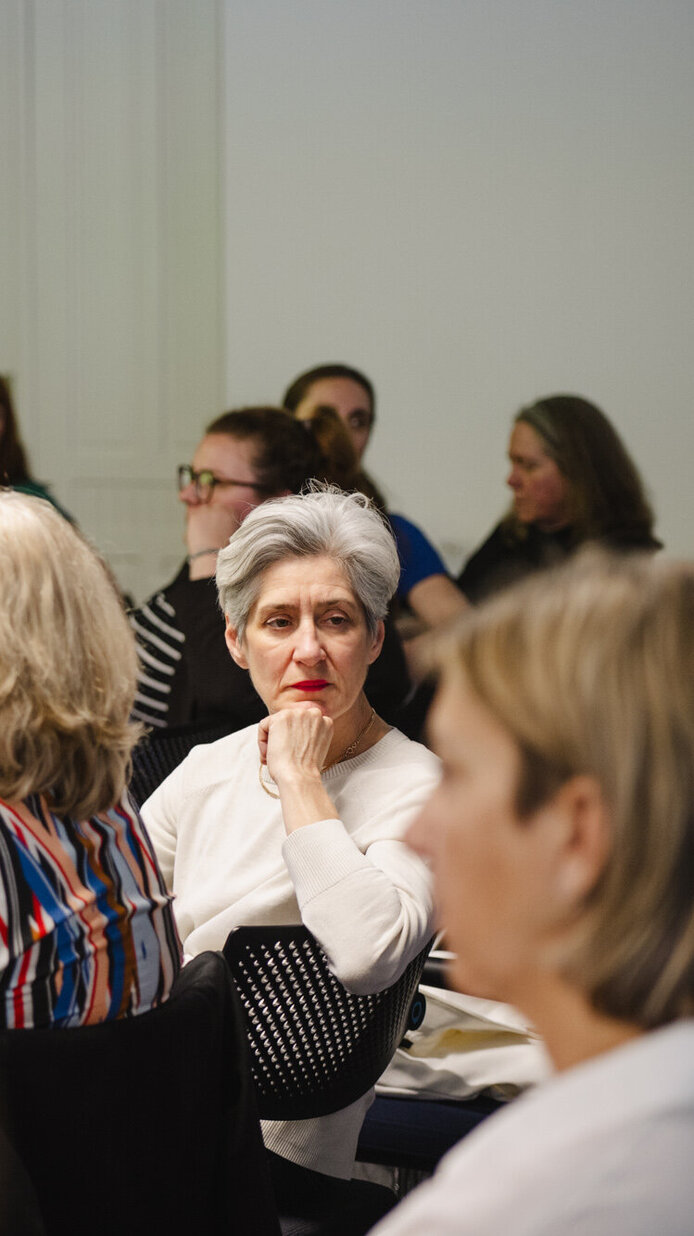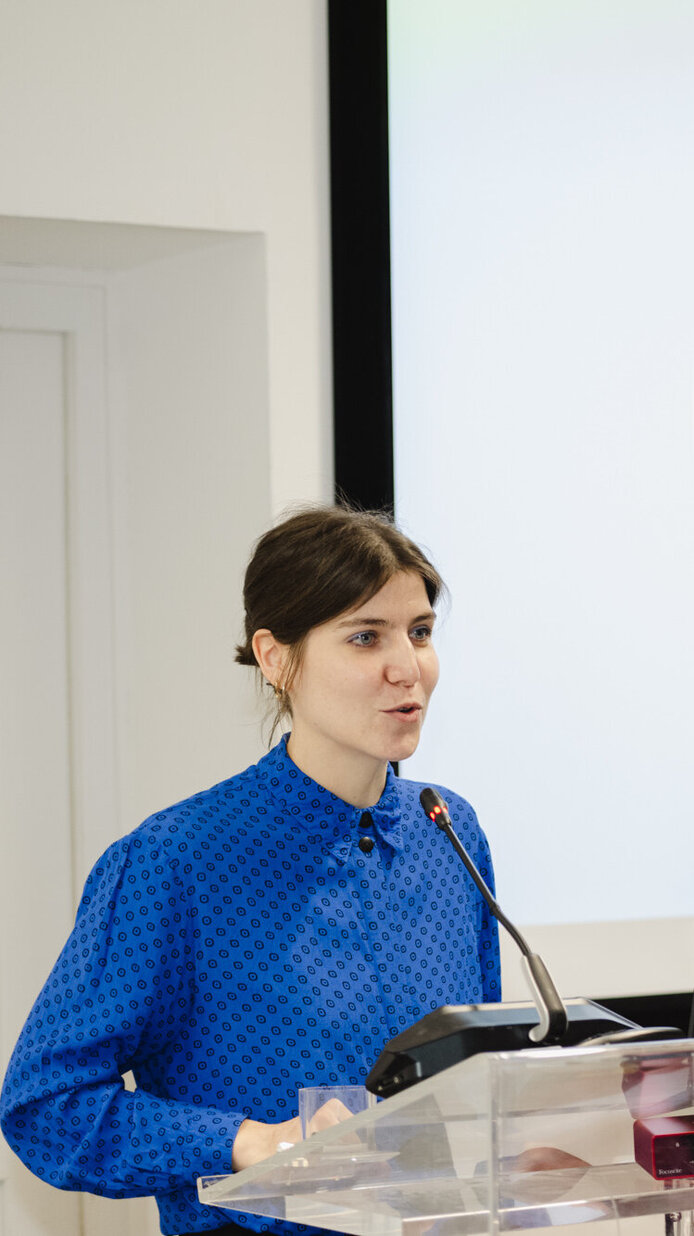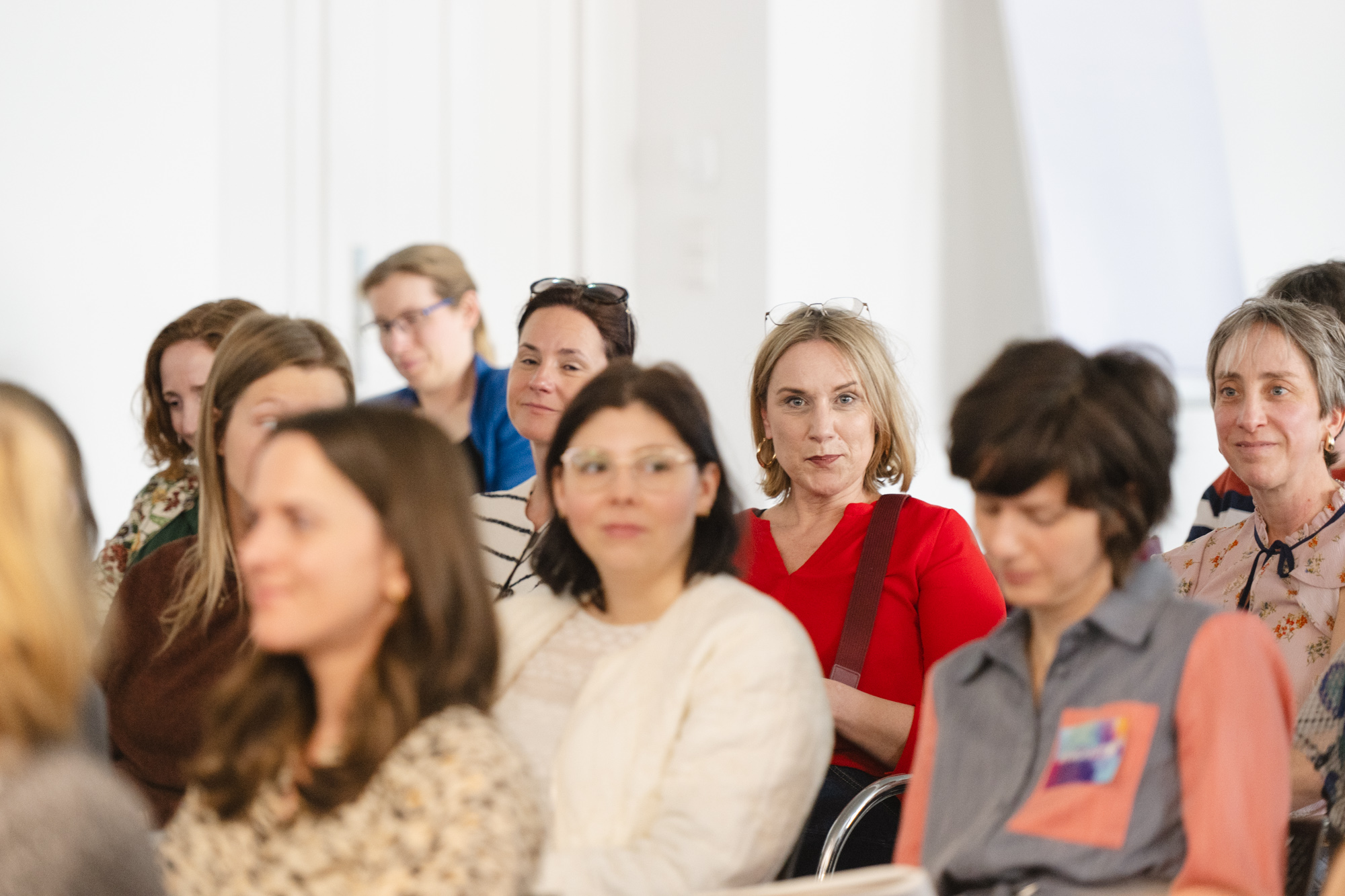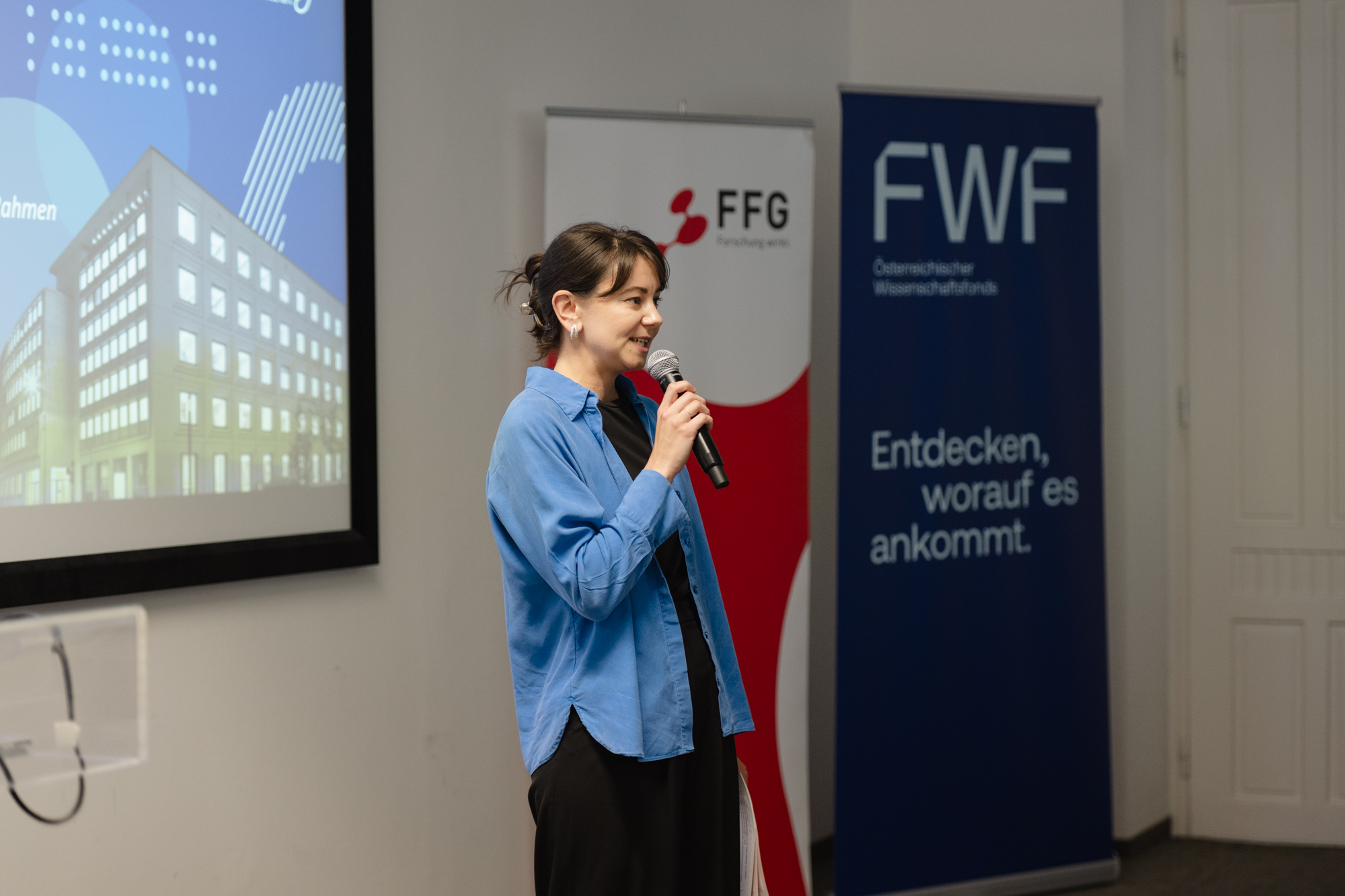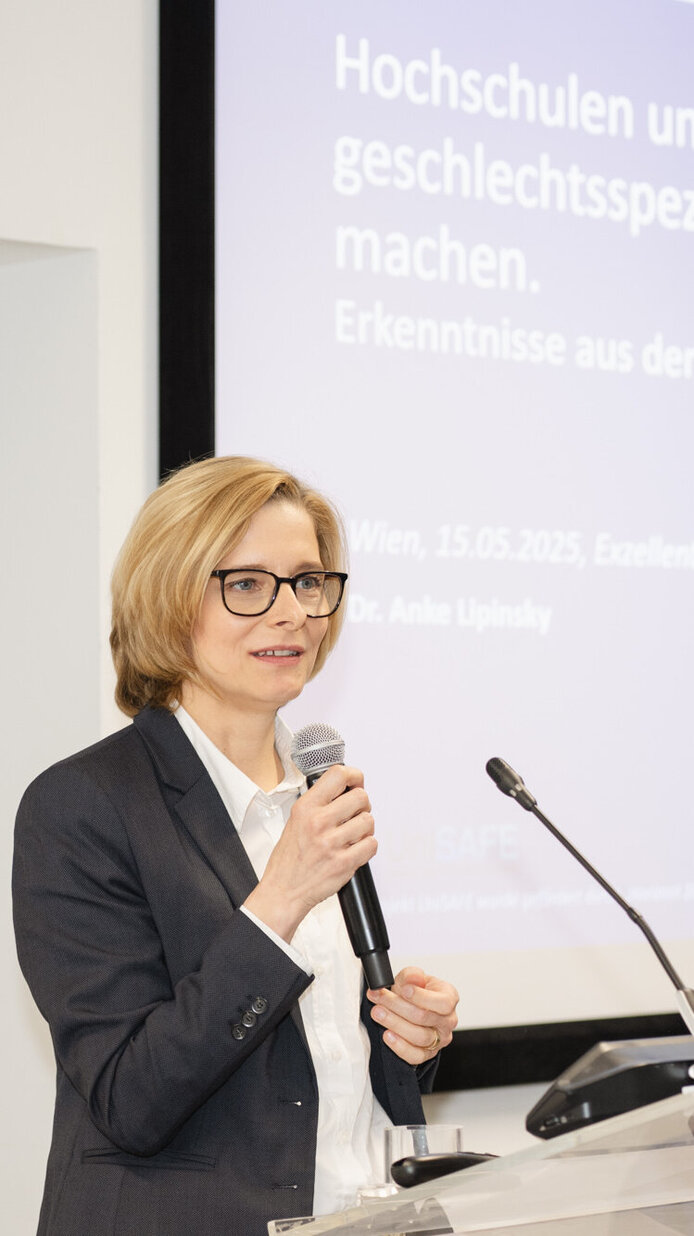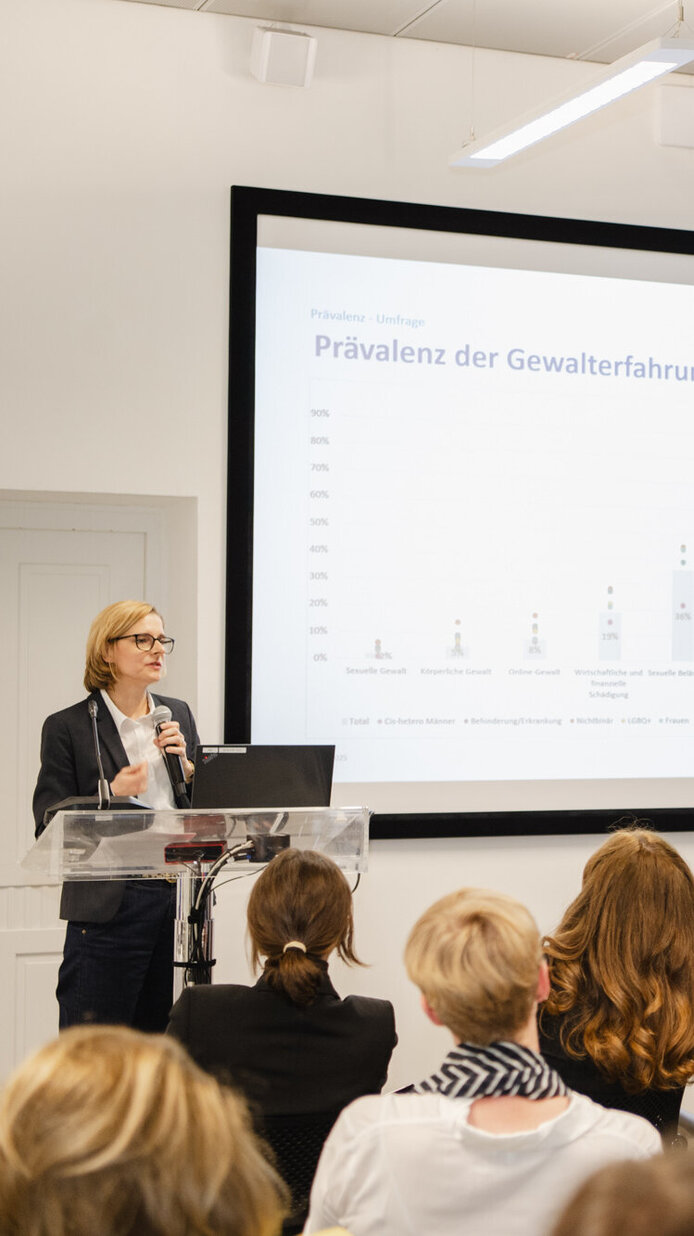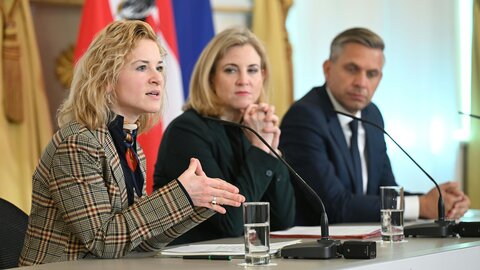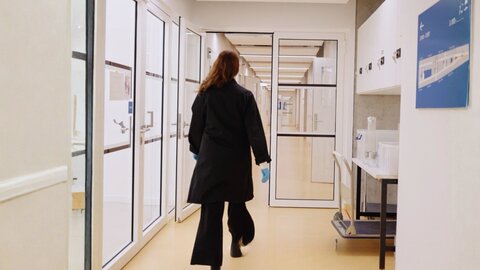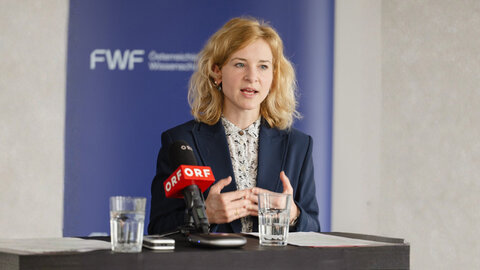Practical approaches and institutional responsibility
In the afternoon session, the symposium focused on possible solutions. Marlene Hock (FWF) presented the FWF guidelines “Promoting a Safe and Inclusive Research Culture.” These guidelines provide information and recommendations, point out possible consequences, and represent the FWF’s commitment to a safe and respectful working culture where research can produce excellent results.
Lisa Appiano and Nina Krebs (University of Vienna) presented u:respect as an example of a successful awareness-raising campaign. With this communication initiative, implemented in different formats (including videos, guidelines, e-learning), the University of Vienna is trying to establish a culture of respect through knowledge, visibility, and trust in organizations (transparency, information, support, and encouragement).
External expertise, collective action
Sophie Rendl, an expert on protection against violence in the arts and cultural sector, emphasized the relevance of independent contact points in her final contribution. She stressed that factors favoring the abuse of power – fixed-term contracts, insecure income, economic dependencies – are a collective, structural problem, not just a moral failure of individuals.
Shared responsibility for a safe research culture
In the concluding discussion, the participants collected key recommendations for action:
- Set up independent contact points
- Strengthen networks of internal contact points and fill knowledge gaps
- Establish mandatory training courses for management staff
- Reflect on funding requirements – include protective measures/safety concepts as a criterion
- Raise awareness of intersectionality
- Strengthen political will for long-term funding of gender equality work and contact points
- Expand cooperation and networking of gender equality work across institutions, for example for joint campaigns
A look ahead
The conference made it clear: Awareness alone won’t solve the problem – defined structures, binding standards, and independent, trustworthy contacts are needed, as well as an organizational culture that reflects on how it deals with power and responsibility, with well-trained managers who are aware of their responsibility.
The organizers (FWF, FFG, TU Wien, and the other members of the genderAG) are encouraged to keep working towards a non-discriminatory research environment together with politicians and Austrian research institutions.
![[Translate to English:] Fachtagung für eine diskriminierungsfreie Forschung in Österreich](/fileadmin/_processed_/2/b/csm_Tagung_20250515_cFWF_Luiza_Puiu_eeb5bcb1e2.jpg)
